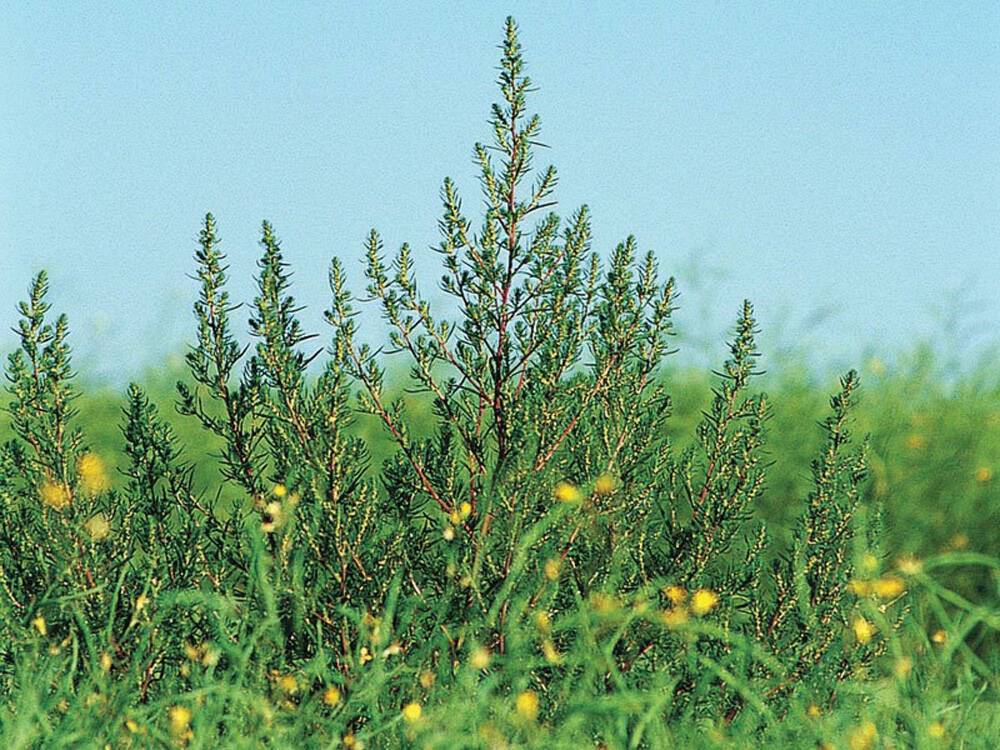A move by top global potash producer Uralkali to quit its export partnership and seek to maximize sales volumes is unlikely to weed out higher-cost producers, the chief financial officer of rival PotashCorp said on Wednesday.
Russia’s Uralkali OAO broke up Belarusian Potash Co. (BPC) in July and predicted the price of potash would plummet 25 per cent to less than US$300 per tonne.
If the idea was to drive prices low enough to force rivals to shed production capacity for the crop nutrient, it is not likely to work, PotashCorp chief financial officer Wayne Brownlee said at the Credit Suisse Global Chemical and Ag Science conference in New York.
Read Also

FMC Canada unveils 2026 crop protection roster
FMC Canada’s crop protection lineup for 2026 will include four products marketed for control of kochia.
Companies with high-cost mines may operate in a negative cash-flow position temporarily, or idle mines until prices improve, but they are unlikely to abandon them, Brownlee said.
“If you underestimate the staying power of that capacity, then you’re probably making a mistake.”
Uralkali and Potash Corp are considered by analysts to be low-cost producers, while European mines operated by K+S AG and Israel Chemicals are at the high end, along with U.S.-based Intrepid Potash.
A spokeswoman for Uralkali could not be immediately reached for comment.
CEO Jim Prokopanko of fertilizer firm Mosaic Co. said Tuesday that Uralkali’s revamped potash marketing plan fails the “economic sniff test.”
Potash miners, especially Saskatoon-based PotashCorp, have been aggressively adding mining capacity, although several projects by other miners have been delayed or canceled in the past year as weaker prices left them uneconomical.
The breakup of BPC has resulted in offshore potash sales being “essentially paralyzed,” as buyers feared getting stuck with inventory that could fall in value, Brownlee said.
“But we certainly haven’t seen anybody in the marketplace force a low price to achieve higher volume. There’s been a bit of a disconnect so far between the actions and the words.”
Shares of Potash Corp, the world’s biggest producer of the crop nutrient by capacity, are down 14 per cent since Uralkali quit BPC on July 30.
— Rod Nickel is a Reuters correspondent based in Winnipeg.
Related stories:
Uralkali potash plan fails ‘sniff test,’ Mosaic CEO says, Sept. 17, 2013
Billiton pressing further on Sask. potash mine plan, Aug. 20, 2013
K+S sticking with Sask. potash mining project, Aug. 6, 2013














